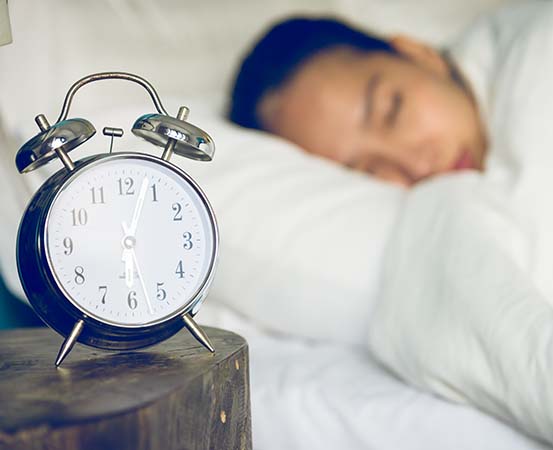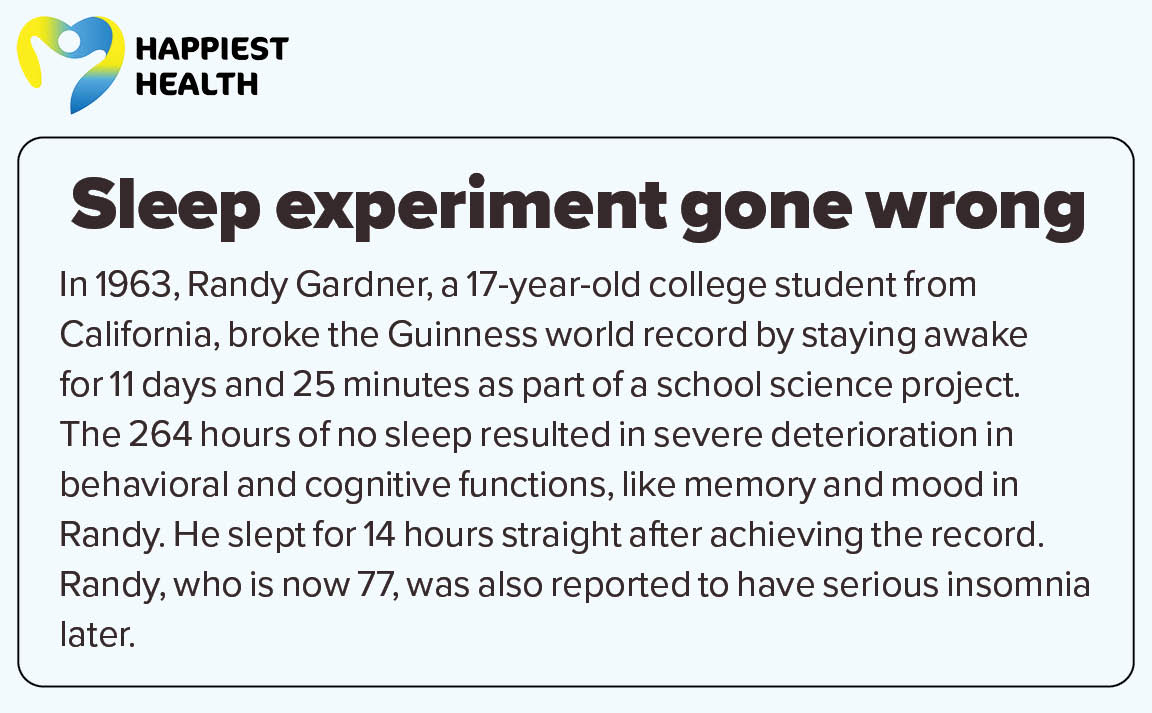
We have all been told to ‘Sleep over it’, at least once, when met with a stressful situation. A good night’s sleep can sometimes solve the greatest of troubles and an infection is no exception. When down with a fever or flu, one of the remedies doctors often suggest to amp up one’s immunity is lots of sleep. Yes, sleep and immunity have a strong connection.
While the cognitive and behavioral implications of sleep deprivation are well known, there is increasing research that supports a connection between sleep and one’s immunity.
Sleep and immunity: A bidirectional relationship
A study published by the American Physiological Society shows a bidirectional relationship between sleep and immunity, i.e. sleep affects one’s immunity and responses of the immune system can affect sleep.
It states that the stimulation of the immune system by infections causes an inflammatory response (the response of the immune system to fight infections) which manifests as fever, swelling and pain. This response can cause an increase in sleep, but also a disruption of sleep.
On the other hand, the immune system can become more potent with enhanced sleep during an infection. Sleep is associated with a reduced infection risk and can improve the infection outcome.
“When you get adequate sleep, your immune system works efficiently, improving your ability to fight infections,” says Dr Jayanthi Harikishan, consultant, General Medicine, Kamineni Hospitals, Hyderabad. “A lot of repair mechanisms of the body happen during sleep. If there is a tissue or organ that has undergone wear and tear or if there is an infection, the repair process usually happens during sleep.”
Adding further he says, “A lack of sleep can make one more prone to various viral, fungal and bacterial infections like flu, common cold, tuberculosis and skin issues like boils and folliculitis (inflammation of hair follicles).”
Immunity and therapeutic effects of sleep
“Sleep deprivation can cause a decrease in the levels of white blood cells (leukocytes) like neutrophils and T-cells, which play an important role in promoting immune function and fighting infections,” says Dr Nikhil Kulkarni, consultant, internal medicine, S L Raheja Hospital, Mahim, Mumbai.
“In a healthy circadian rhythm, the WBCs remain higher during the night and reduce on waking up,” Dr Kulkarni adds.
According to the National Sleep Foundation, there is an increased production of cytokines during sleep. Cytokines are proteins that act as messengers to the immune system, controlling inflammatory responses.
“A lack of sleep can throw the cytokines off track, causing a pro-inflammatory state, which is a continuous inflammatory state in the absence of a threat. This can put the body on alert mode, increasing the risk of autoimmune disorders, hypertension, diabetes, stress and depression,” says Dr Kulkarni.
What is the adequate amount of sleep?
“The ideal amount of sleep required varies depending on factors like age, nature of one’s job,” says Dr Jayanthi. “A good amount of sleep is between six to eight hours. If the person has a strenuous job, eight hours of sleep is recommended. A minimum of six hours of sleep is mandatory for everyone.”
According to Dr Sumitha Nayak, consultant pediatrician, Shishu – The Children’s Clinic, Bengaluru, while infants (0-1 years) require around 14 hours of sleep, toddlers (2-3 years) and children require approximately 10 hours of deep sleep.
“For school-going children and adolescents, between eight to nine hours of sleep is recommended,” says Dr Nayak.

Takeaways
- Sleep and immunity have an influence over each other.
- A lack of sleep can make one more prone to infections.
- Sleep deprivation causes a dip in the WBCs, which play an important role in immune functions.
- An ideal amount of sleep for adults is six to eight hours.


















2 Responses
Very good to know @sleep
Thanks for the response!